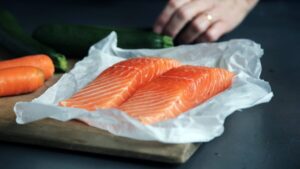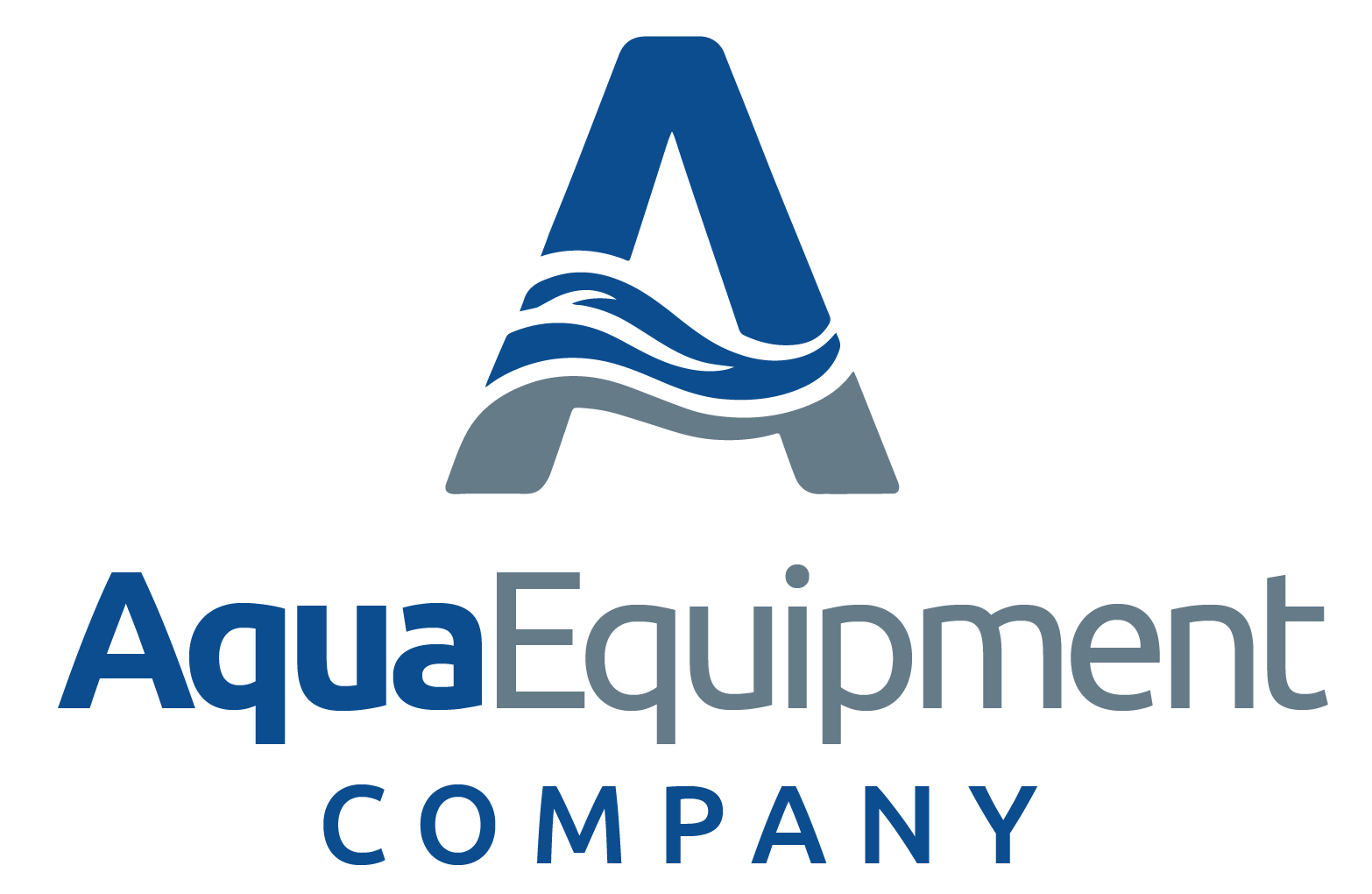Land-Based Aquaculture Takes Root in Appalachia: A Look at the RAS Revolution

Appalachian Salmon and a US-based steelhead trout farmer are charting a new path for land-based aquaculture, bringing innovative Recirculating Aquaculture Systems (RAS) to the forefront in an effort to meet sustainability goals and market demand. Both companies have recently secured key permits to advance their ambitious projects.
Appalachian Salmon aims to build a trout RAS in the heart of West Virginia, turning the mountains into a hub for land-based fish farming. By using advanced water filtration systems that recycle over 99% of water, this method greatly reduces the environmental footprint while producing high-quality fish. As global demand for seafood rises and traditional fisheries face pressure, land-based systems offer a more controlled, eco-friendly alternative that can thrive even in non-coastal areas.
On the other hand, a US steelhead farmer is pushing forward with an $80 million goal to expand its operations despite investor fatigue. The company plans to leverage this RAS technology to optimize production while addressing concerns about resource efficiency and sustainability. However, challenges remain, as the investment climate has shown signs of hesitation due to high capital costs and extended return periods typical in land-based aquaculture.
The broader implication of these developments is a shift towards localized, sustainable aquaculture. RAS technology not only reduces the environmental impact but also opens up opportunities for inland regions to contribute to the seafood market. As both projects move forward, they exemplify the potential for aquaculture to innovate beyond traditional coastal models, proving that sustainability and profitability can coexist even in challenging economic landscapes.
These efforts are reshaping the narrative of aquaculture in the U.S., with localized, sustainable operations playing a pivotal role in the future of seafood production.
